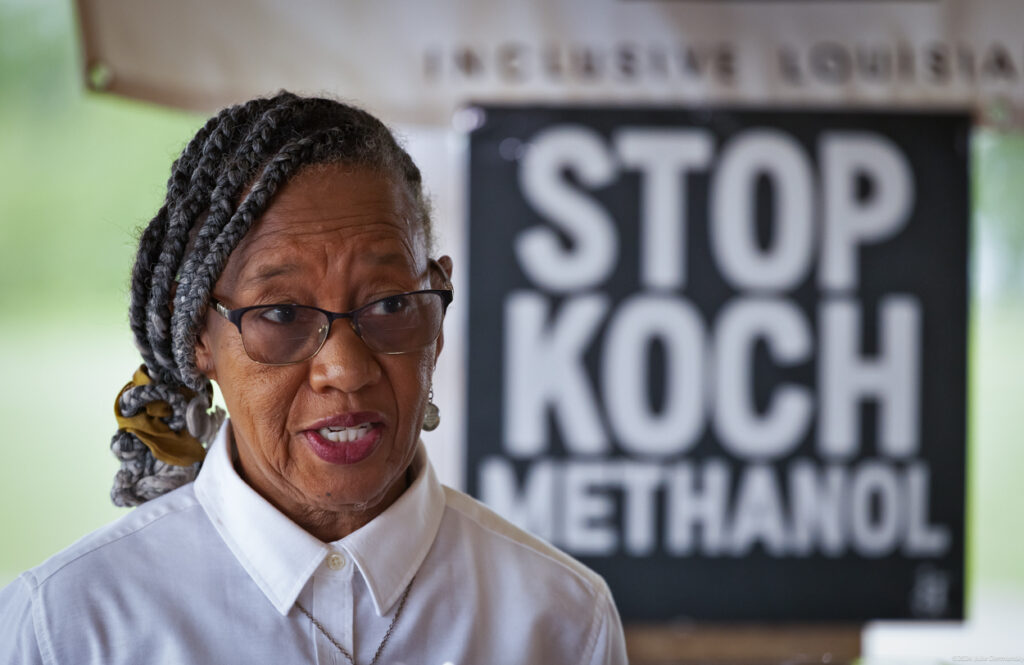The world’s most populous nation and one of its biggest polluters has thrown down the gauntlet ahead of next month’s UN climate-change conference by saying richer countries like the U.S. have caused global warming and now it’s up to them to tackle it.
China is already neck-and-neck with the U.S. in carbon emissions, mainly due to heavy reliance on coal and its massive 1.3 billion population. But as far as China is concerned, success at Bali depends on nations like the U.S. and Canada.
China, anxious to sustain a runaway economy driven by car sales and energy consumption, has moved to deflect pressure to commit to mandatory emissions caps by stating that global warming is a problem for wealthy countries to resolve.
In fact, one of China’s Foreign Ministry officials said it’s important to have developed countries “continue to fulfill their obligations to reduce their gas emissions after 2012.”
The Bali meeting is to lay the groundwork for a successor the current climate-change treaty, the Kyoto Protocol, which expires in 2012. Kyoto set emissions targets for developed countries while exempting developing ones.
The United States rejected Kyoto, saying it puts richer countries at a competitive disadvantage, and has called for a new agreement to include China and all other polluters.
Meanwhile, Canadian Prime Minister Stephen Harper is the only leader at the 53-nation Commonwealth meeting that has not fallen in line with a climate change resolution calling for binding targets to reduce greenhouse gas emissions.
While China is set to overtake the United States as the biggest greenhouse gas emitter, its per capita emissions are still a fraction of those in the U.S. India, set to overtake China as the world’s most populous nation, is also experiencing rapid growth in greenhouse emissions.
No matter how legitimate the economic aspirations of China and India, emissions from their countries are as damaging as from the U.S., Canada, UK, Australia or anywhere else. It would appear Chinese leaders need to brush up on recent scientific studies as much as Harper and President Bush.
This doesn’t bode well for Bali.
Subscribe to our newsletter
Stay up to date with DeSmog news and alerts






